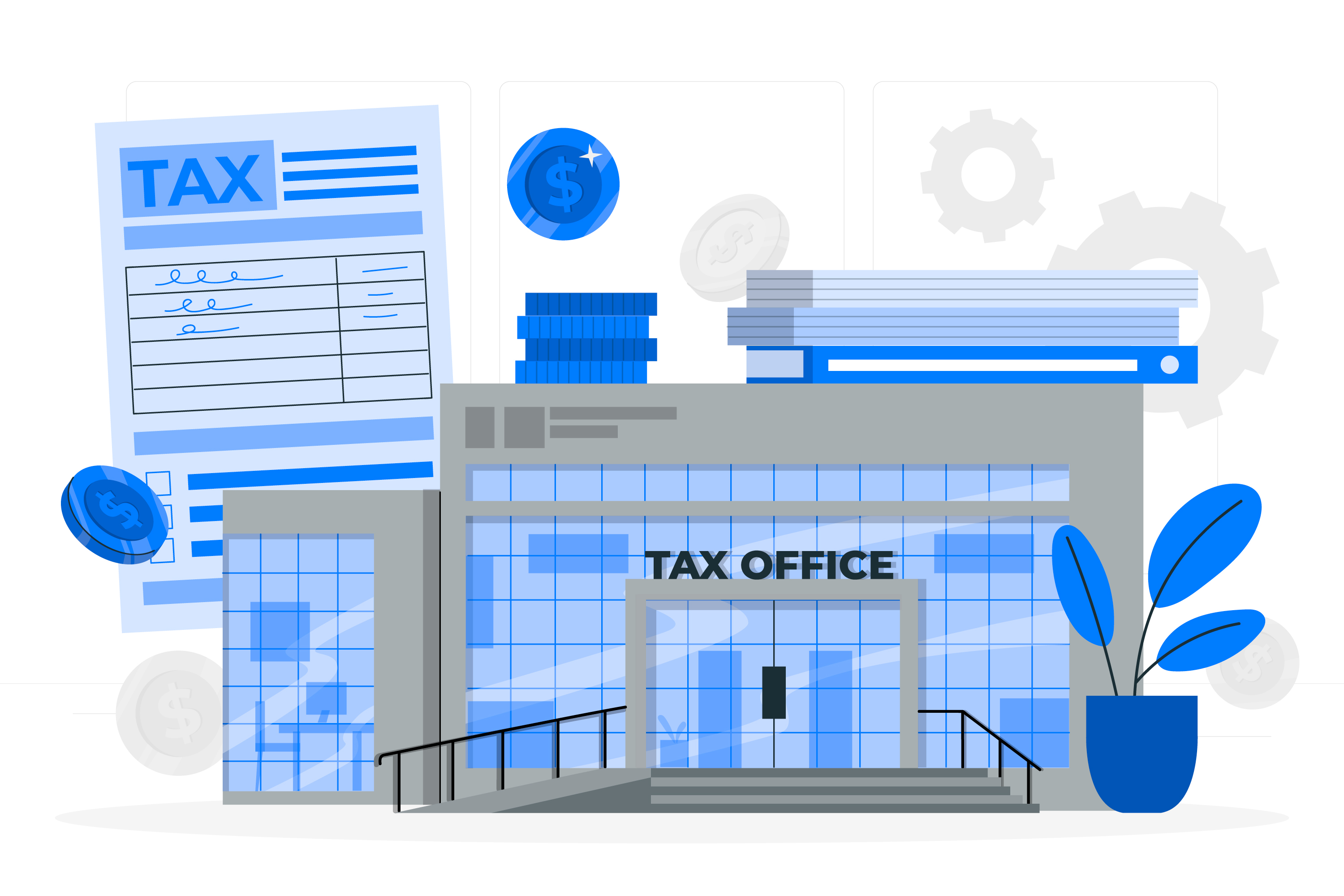A Complete Guide to Taxes and Social Insurance for Foreign Workers in Korea

Hello, this is Kowork.
When working in Korea, you might notice that the salary you receive is slightly lower than expected. For example, you were supposed to receive 850,000 KRW, but only 821,950 KRW was deposited.
This difference is often due to tax deductions or social insurance contributions. Understanding these systems is crucial for managing your salary and maximizing your benefits.
Today, we’ll explain the 3.3% withholding tax and the 4 major insurances (social insurance) in Korea, helping you choose the best option for your work situation.
1. 3.3% Withholding Tax: For Freelancers and Contract Workers
The 3.3% withholding tax applies when you are classified as a freelancer or independent contractor.
This means taxes are deducted before you receive your salary.
What is included in the 3.3%?
- 3% local income tax
- 0.3% national income tax
Advantages of the 3.3% System
- If your total income is relatively low, you can file a comprehensive income tax return in May and potentially receive a refund.
- This system provides more flexibility in employment since you are not bound to a company’s social insurance requirements.
Things to Be Aware Of
- You are responsible for reporting and paying taxes on your income if you earn from multiple sources.
No social insurance benefits (such as medical insurance or unemployment benefits) are provided under this system.
2. The 4 Major Insurances: A Social Safety Net for Employees
Korea’s 4 major insurances refer to four types of social security contributions that provide benefits to employees. They include:
- National Pension (국민연금): A public pension plan for financial support after retirement.
- Employee contribution: 4.5% of your salary.
- Health Insurance (건강보험): Covers medical expenses and reduces healthcare costs.
- Employee contribution: 3.8% of your salary.
- Employment Insurance (고용보험): Provides unemployment benefits if you lose your job.
- Employee contribution: 0.8% of your salary.
- Workers’ Compensation Insurance (산재보험): Covers medical expenses and compensation for injuries or illnesses caused by work.
- Fully paid by the employer.
Advantages of the 4 Major Insurances
- Medical Benefits: Health insurance reduces your out-of-pocket medical expenses.
- Unemployment Benefits: Financial support if you become unemployed and meet the eligibility criteria.
- Retirement Security: The national pension ensures income after retirement.
Workplace Safety: Compensation for work-related injuries or illnesses.
3. Choosing the Best Option: 3.3% Tax or 4 Major Insurances?
Your choice between the 3.3% withholding tax and the 4 major insurances depends on your work situation:
- Short-term or Flexible Work: The 3.3% tax system is suitable for freelancers or short-term workers.
- Advantage: Easier to manage with fewer deductions.
- Drawback: No access to social insurance benefits.
- Long-term Employment: The 4 major insurances are ideal for employees in regular positions.
- Advantage: Provides a strong safety net through various social benefits.
Drawback: Higher deductions from your salary (approximately 10.1%).
4. Why Understanding This System Matters
By understanding Korea’s tax and insurance systems, you can:
- Manage Your Salary Effectively: Know where your deductions are going.
- Maximize Refund Opportunities: Use the 3.3% system to claim refunds through annual tax filings.
Secure Social Benefits: Take advantage of unemployment benefits, medical insurance, and retirement pensions.
Whether you choose the 3.3% tax deduction system or the 4 major insurances depends on your employment type and goals. Understanding these options allows you to make an informed decision and better manage your earnings.
At Kowork, we are dedicated to helping foreign workers build a stable and rewarding life in Korea.
From visa consultations to job placement support and essential employment information, we’ve got you covered.
Kowork is here to support you every step of the way, making your work life in Korea smooth and successful!





































